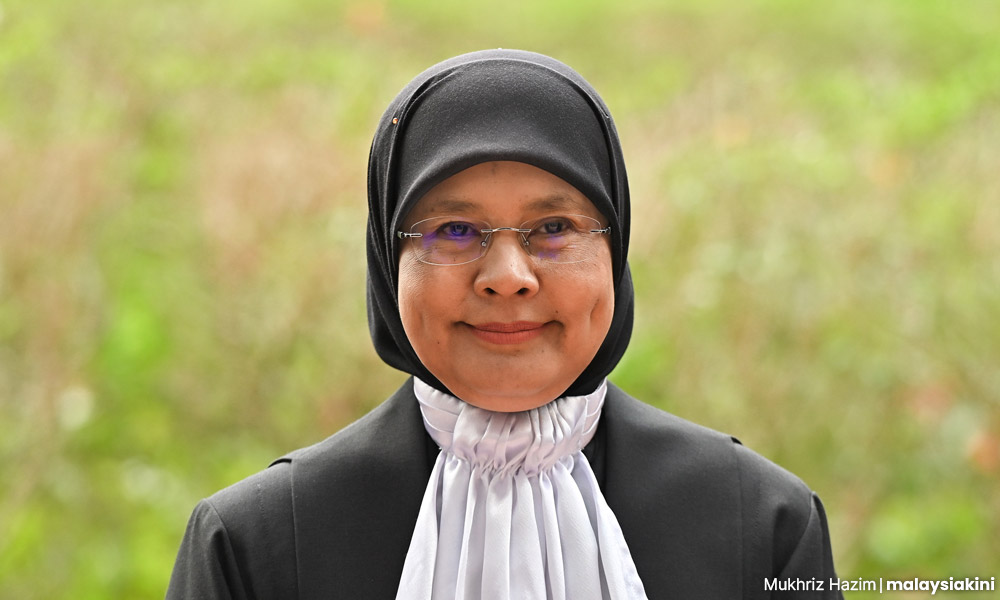Former prime minister Dr Mahathir Mohamad has raised concerns over possible political interference in the appointment of a new chief justice, stressing that the selection process should remain free from external pressure.
He pointed to the delay in announcing a replacement for Chief Justice Tengku Maimun Tuan Mat, who will retire upon reaching the mandatory retirement age of 66 this Wednesday.
“I was informed there are differing views among the Judicial Appointments Commission (JAC) members selecting the judge, so I hope the commission settles it.
“There should be no external interference,” he said at a press conference after launching Maha Klinik in Puncak Alam, Selangor, today.
Mahathir warned that outside involvement could undermine the judiciary’s integrity.
“If outsiders decide who becomes a judge, we will not get the best judges. That’s why we entrust the responsibility to the commission. The commission has enough members to evaluate the candidates’ performance,” he said.
He stressed the importance of appointing someone with extensive judicial experience to match Tengku Maimun’s qualifications.

“If someone has never served as a judge, never sat in the High Court or Court of Appeal, and is suddenly appointed as chief justice, that’s not good.
“A chief justice like Tengku Maimun has a long track record, which is why her decisions are easily accepted by all parties,” Mahathir said, hinting cynically that there might be an outsider appointed to the soon-to-be-vacant post.
According to the Federal Constitution, a judge’s term can be extended by six months.
Lobby attempt
However, earlier today, Prime Minister Anwar Ibrahim spoke out against alleged attempts to lobby the government into extending Tengku Maimun’s tenure.
In his speech at the Prime Minister’s Department this morning, Anwar called the move an attempt to politicise the judiciary and stressed it should not have happened with such an independent institution.
Apart from Tengku Maimun, Court of Appeal president Abang Iskandar Abang Hashim is also set to retire this Wednesday.
The coming months will see the retirement of other senior judicial figures, including Chief Judge of Sabah and Sarawak Abdul Rahman Sebli, and Federal Court judges Nallini Pathmanathan, Zabariah Yusof, and Hanipah Farikullah.

The tenures of Abdul Rahman, Zabariah, and Hanipah have already been extended by six months.
Mahathir himself has been criticised for alleged interference in judicial appointments during his tenure, most notably in the 1988 judicial crisis.
The crisis followed an amendment to Article 121 of the Federal Constitution, which placed the judiciary under federal laws passed by Parliament and led to the controversial dismissal of lord president Salleh Abas after he opposed the amendment.
Last December, Universiti Malaya constitutional law professor Shad Saleem Faruqi said the chief justice should be the one advising the Yang di-Pertuan Agong on judicial appointments, not the prime minister.
He also called for the JAC Act 2009 to be placed under the Constitution, but noted that under the current system, the prime minister is not bound by the advice of the chief justice or the JAC on shortlisted candidates.
He had argued that despite the many improvements brought by the JAC Act, the prime minister retains absolute power to choose the names to be submitted to the Yang di-Pertuan Agong. - Mkini








